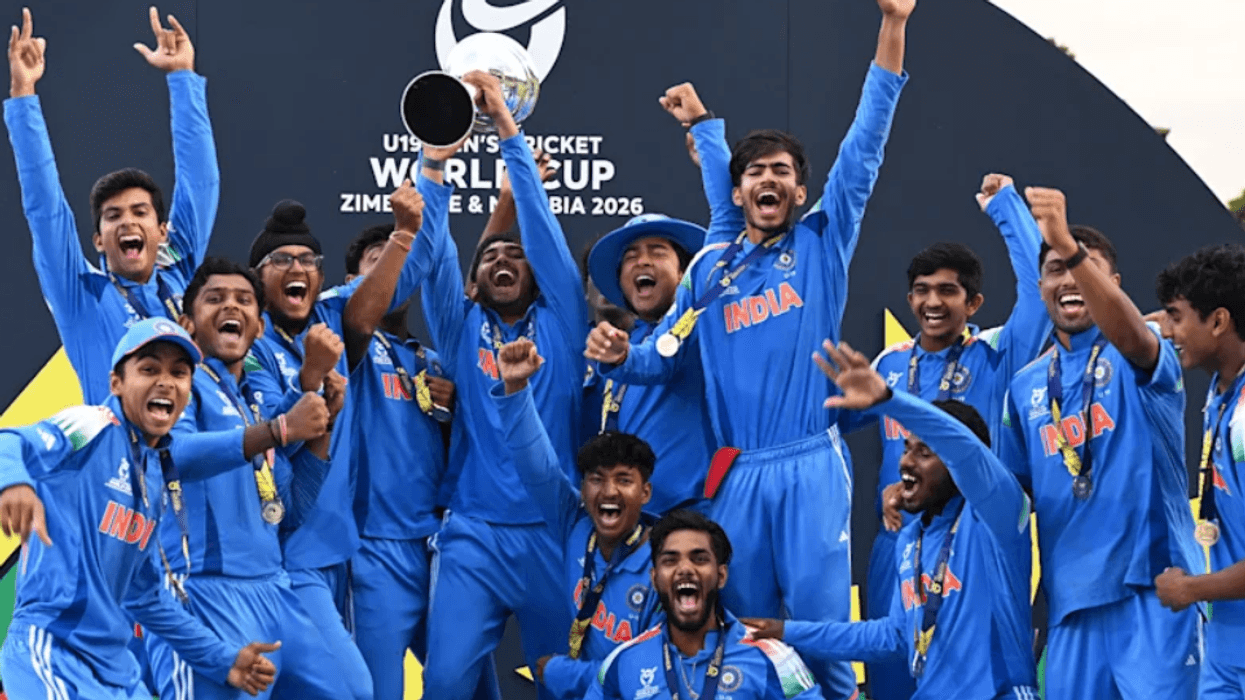INDIAN origin former billionaire John Kapoor has convicted in a case linked to the opioid crisis in the US.
The founder of Insys Therapeutics has become the first pharmaceutical head to be convicted in the US opioid crisis.
A Boston jury ruled Kapoor and four colleagues worked to bribe physicians to prescribe addictive pain killers to the patients who didn’t require them.
The jury also found the former billionaire had also misled medical insurance firms about patients' need for the painkillers in a bid to boost the sales of his company’s products.
After the 10 week trial, Kapoor and others- Michael Gurry, Richard Simon, Sunrise Lee, and Joseph Rowan face up to two decades in jail.
The founder of the American pharmaceutical company had also started a scheme that bribed the doctors to speak at fake marketing events to promote the products of his firm.
Forbes listed business tycoon was arrested in 2017.
He and others have signalled that they plan to appeal.
The US Centres for Disease Control and Prevention has stated that opioids were involved in almost 48,000 deaths in 2017.
Drug maker Insys Therapeutics founded in 1990.
The crisis was started with legally prescribed painkillers and later it intensified as the pain killers were diverted to the black market.
There has also been a sharp rise in the use of illegal opioids.
The conviction has been described as a major victory for the US government’s attempts to aim the businesses responsible for the opioid crisis.



